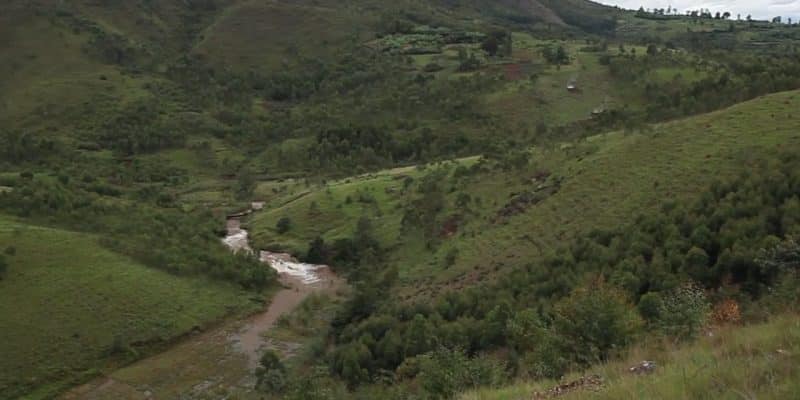The African Water Facility (AWF), a special fund hosted and managed by the African Water Bank (AfDB), has approved €2 million in funding for the implementation of the "Development of Water Resources and the Ruvyironza Multipurpose Dam" project (Proderer for short). The aim is to improve the storage capacity of water infrastructure, with a view to ensuring water, food and energy security in five of Burundi's provinces.
In Burundi, the government is stepping up initiatives to improve essential services, particularly access to water and electricity. The most recent of these was launched in March 2024, thanks to a €2 million grant from the African Water Facility (AWF), a special fund hosted and managed by the African Water Bank (AfDB), at the request of the African Ministers in Charge of Water (AMCOW). The project is called “Development of Water Resources and the Ruvyironza Multipurpose Dam” (Proderer).
Scheduled to last two years, this project will support the Burundian government’s policy of improving the storage capacity of hydraulic, agricultural and hydroelectric infrastructures. But first, a number of feasibility studies will be carried out on these structures, in particular on the major multi-purpose Ruvyironza dam in the province of Gitega. The run-of-river power station, scheduled to come on stream in 2025, will have a capacity of 1.65 MW. The electricity produced will be fed into the Gitega provincial grid. With a production of 6.5 GWh of renewable electricity per year, the small power station will supply electricity to 20,000 Burundians while avoiding the emission of 3,200 tonnes of CO2 per year.
Securing access to water and sanitation for 270,000 households
“The results obtained from the development of multi-purpose storage infrastructures will enable the production of 22 megawatts of hydroelectricity”, says the AfDB. With regard to water and sanitation, and irrigation, the improvement of storage infrastructures will make it possible to cover 270,000 rural households in the provinces most affected by water shortages, namely Cankuzo, Gitega, Karuzi, Muyinga and Ruyigi, and to establish an irrigated perimeter extending over 14,674 hectares, in parallel with efforts to restore degraded upstream watersheds.
In all, 681,546 people, 50% of them women, will be positively affected by this project, which will also generate 244 jobs during the preparation phase and create 5,000 and 7,200 jobs during the downstream investments.
Read also –
Burundi’s energy security is low, with a general lack of access to electricity (11.1% in 2020) and high production costs ($0.20 per kW). Basic water, sanitation and hygiene services remain inadequate, with barely 62.4% of the population having access to drinking water. The AfDB estimates that 45.7% of the population has access to basic sanitation services, and only 6.3% has access to basic hygiene services.
Inès Magoum







